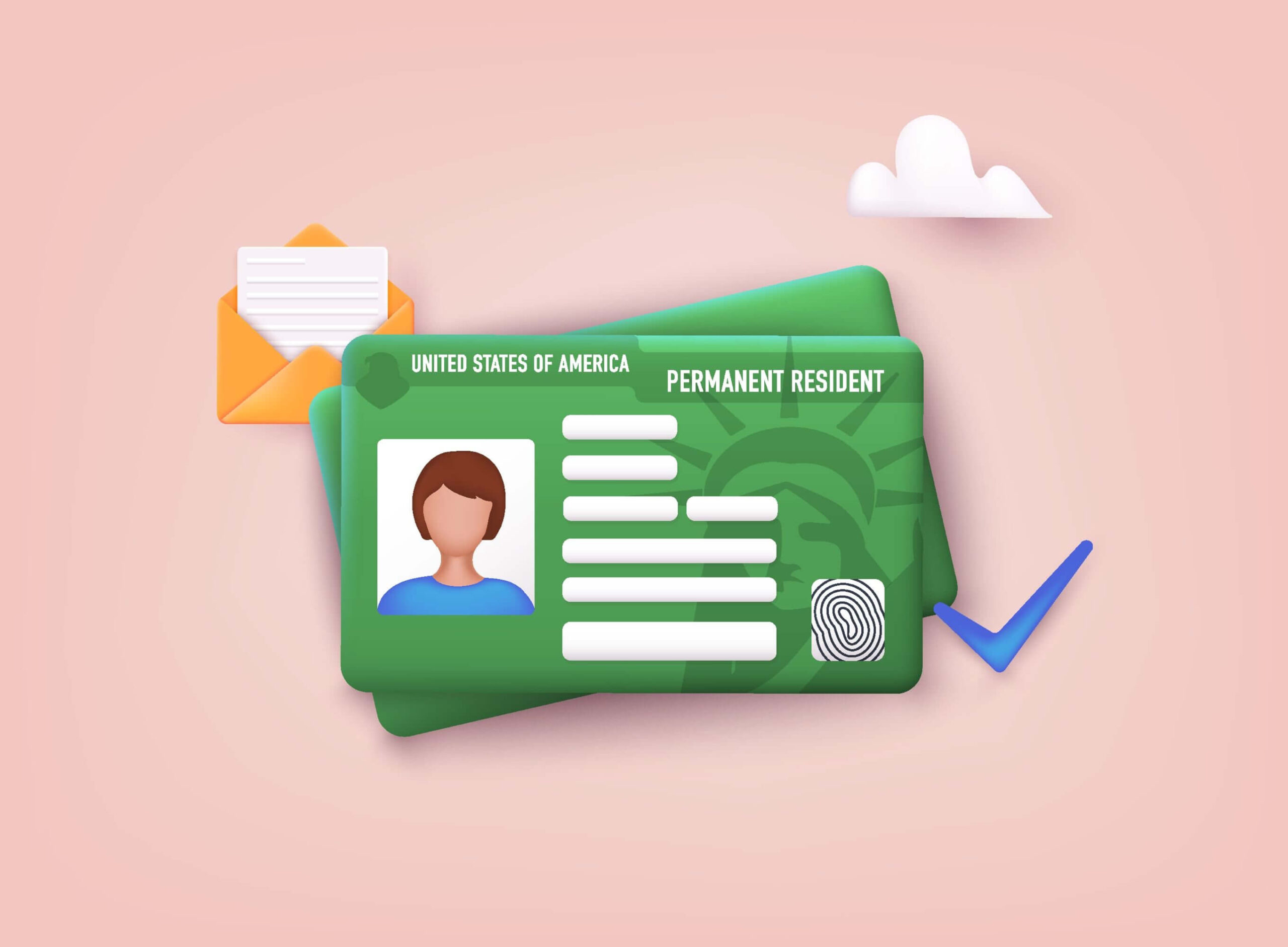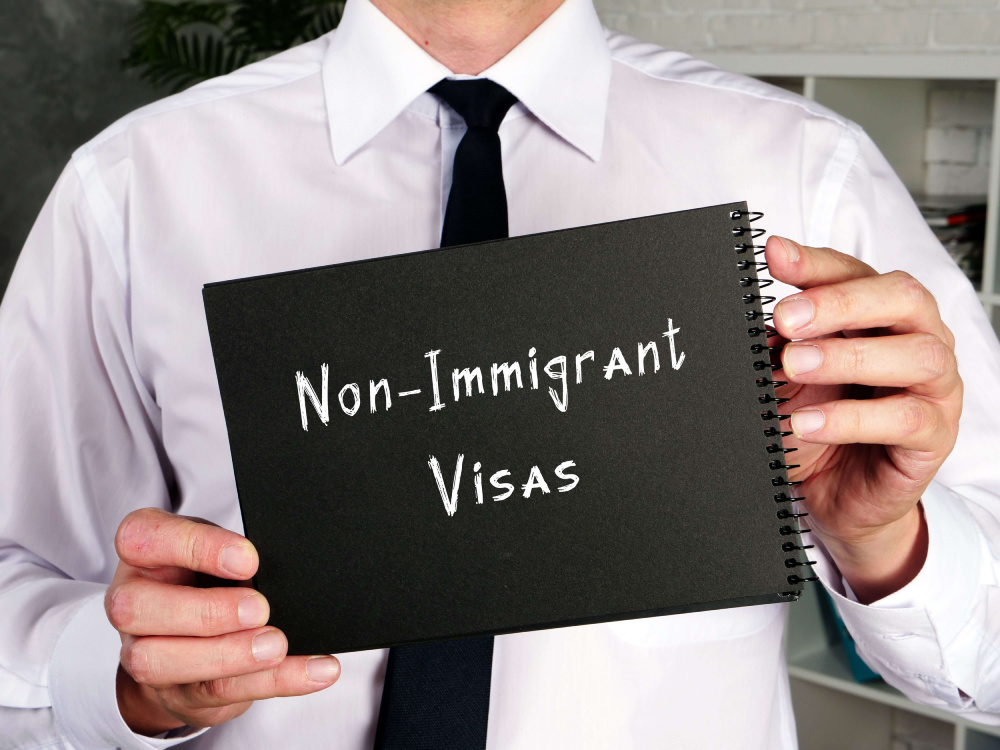Immigration is a constantly changing field of law, especially in today’s political climate. The rules for certain immigration paths can change on a weekly basis, and for someone who is trying to legally obtain permanent residency, it can feel confusing and overwhelming when you attempt to go through the process on your own. That’s why so many people who have gone through the process recommend to others that they hire an immigration lawyer. Our team will make sure that you understand all of the steps involved in becoming a permanent resident of the United States and help you create an application that gives you the best chance of a positive outcome for your case. You’ll have someone on your side who can answer your questions and who understands the intricate details of the law, giving you an advantage when it comes to applying for your Adjustment of Status or when going through Consular Processing.
The Law Offices of Diron Rutty, LLC may be able to help you find the clear path to legal permanent residency. If you want to move to the United States or remain here as a legal citizen, start by getting a consultation with our team. We’ll discuss your current status and what options you have to move forward with your application. The consultation is confidential and can give you valuable information about the next steps you need to take in order to remain in the United States.
If you have questions on attaining permanent residency, please do not hesitate to contact the immigration and family lawyers at Law Offices of Diron Rutty, LLC at (718) 324-0404 or (845) 849-9201. We’re looking forward to speaking with you soon.



